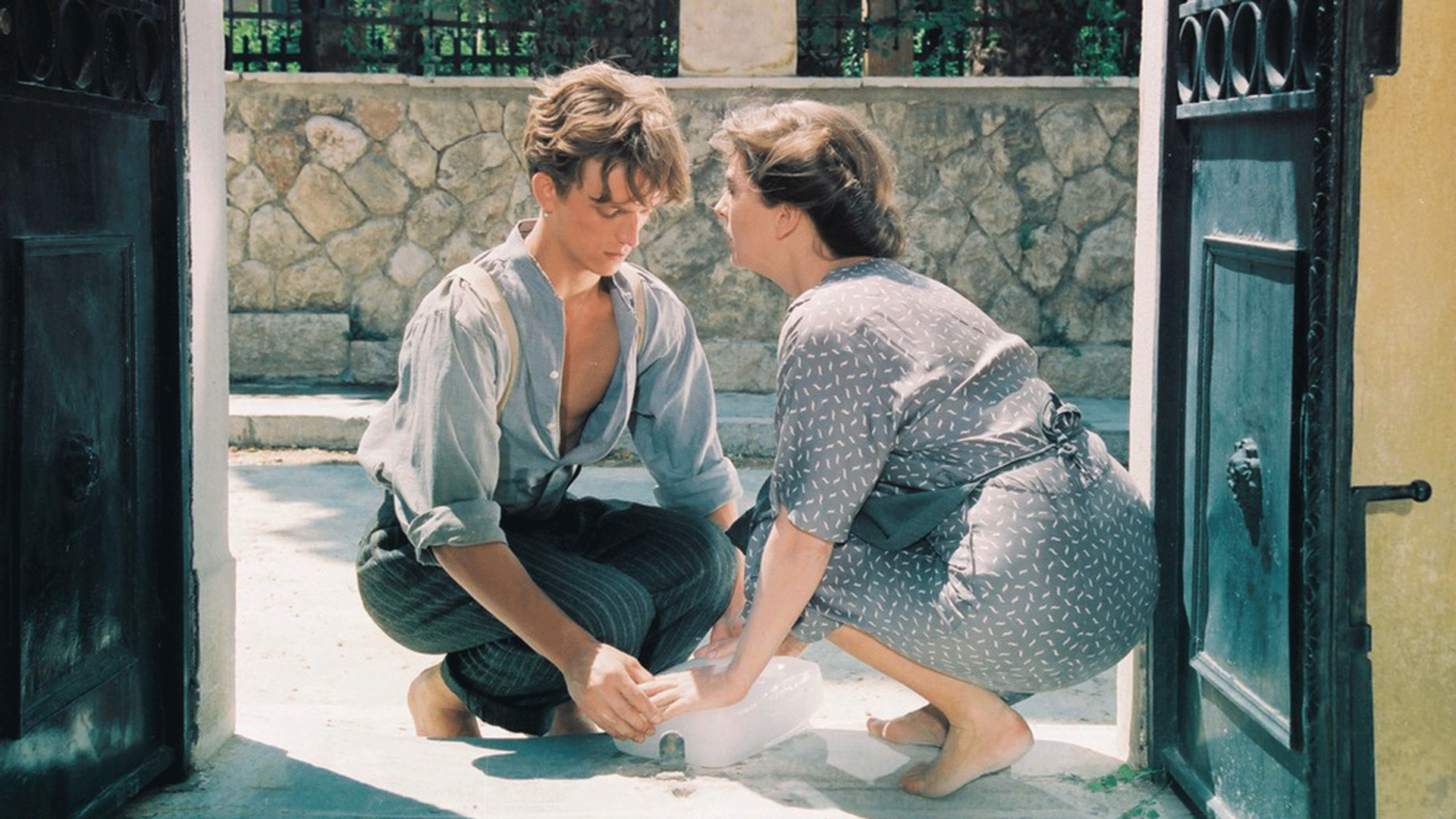
It all began in Athens during the German occupation. A German woman, married to a Greek officer, falls in love with a young Jew who delivers ice. Forced by the supreme motive - that of winning the love of her life - the woman dies and is born again. In the course of her two lives, the world around her evolves. The story of the individual traverses history. A film on love. Potentially a thriller; since it lies on the borderline between imagination and terror. “Crystal Nights” (the film gets its title from the notorious “Crystal Nights”, the first systematic, mass attack by bands of Nazis on Jewish shop windows in Vienna, in 1938) is Marketakis’s most demanding film, in which she is balancing, without a safety net, on a daemonic line and where symbolism and realism are not just interchangeable; they become one.
Tonia Marketaki
She studied cinema at the Paris I.D.H.E.C.. She worked as a film critic from 1963 to 1967 and then presented her first short film, “John and the Road” (1967). She was arrested by the junta and then managed to escape to Italy, then to Paris, to find herself in London where she worked in film productions. She ended up in Algiers, making documentaries for the newly formed state of Algeria. She returned to Greece and directed the masterpiece “John the Violent” (1973), which was honored with the awards for best director, screenplay and actor at the Thessaloniki International Film Festival. In 1978, she directed the TV series “The Lemon Forest”, an adaptation of the novel by Kosmas Politis. This was followed by the films “The Price of Love” (1984), based on the novel by Konstantinos Theotokis, which won the award for the Best Mediterranean Film at the Bastia Film Festival (Corsica) and “Crystal Nights”(1992), which won, among others, the 2nd prize of the Bastia Film Festival.


